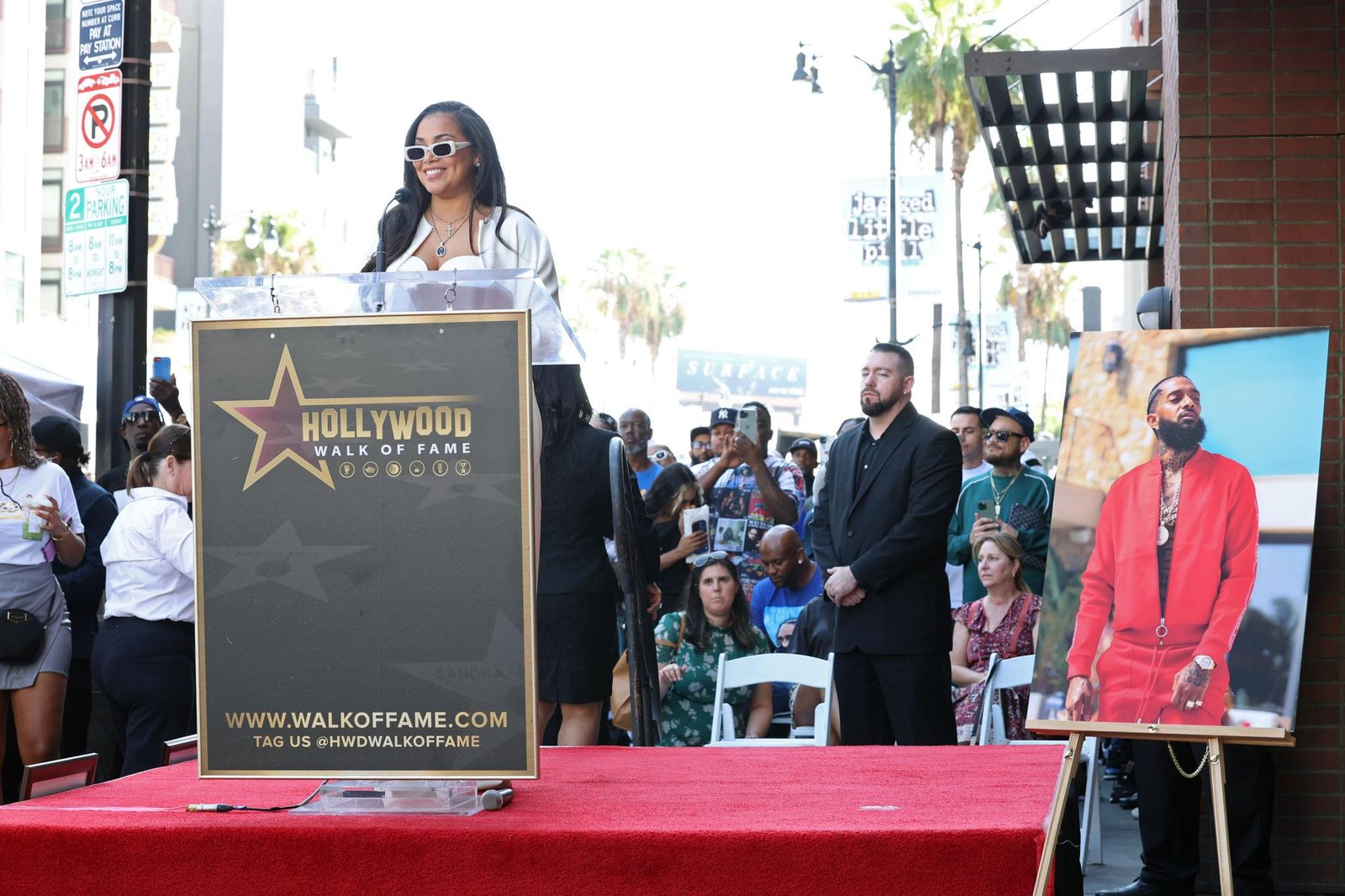Nas, one of hip-hop’s most celebrated lyricists, tackles themes of authenticity, culture, and responsibility in his track Carry On Tradition, from his 2006 album Hip Hop Is Dead. As the genre grappled with an evolving commercial landscape, Nas delivered a poignant critique of the industry’s direction while championing the preservation of its foundational values. This song is both a reflection on the state of hip-hop and a call to action for artists and fans alike to honor its roots.
The track opens with Nas reflecting on hip-hop’s pioneers—artists who built the genre with little financial reward but immense cultural impact. He contrasts their sacrifices with the current landscape, where commercial success often takes precedence over artistic integrity. Nas implores listeners to remember the essence of hip-hop: storytelling, authenticity, and the ability to address societal issues. This message resonates deeply, especially in an era where the genre’s mainstream visibility sometimes overshadows its grassroots origins.
One of the song’s central themes is the need for unity within the Black community and the hip-hop culture it birthed. Nas points out the self-hatred and division that plague the community, urging his peers to look inward and draw strength from their shared heritage. He contrasts this disunity with the solidarity seen in other cultural groups, highlighting a need for collective progress. This sentiment reflects hip-hop’s role as a unifying force, capable of bridging generational and geographic divides.
The lyrics also critique the glamorization of violence and materialism in mainstream rap. Nas acknowledges that while these themes have always been part of hip-hop, they risk overshadowing the genre’s ability to educate and inspire. In lines like “Some rappers even told me they saw it coming,” Nas underscores a sense of forewarning among hip-hop’s elder statesmen about the cultural shifts that prioritize profit over substance.
Musically, Carry On Tradition complements its lyrical depth with a production that evokes nostalgia while remaining contemporary. The beat, built on soulful instrumentation, serves as a backdrop for Nas’s reflective yet urgent delivery. This combination reinforces the song’s dual role as a tribute to the past and a roadmap for the future.
Nas’s approach is not merely critical but also solution-oriented. He encourages new artists to embrace their roles as cultural storytellers and societal commentators. In doing so, Nas reaffirms hip-hop’s potential to inspire change, foster community, and preserve history. He calls on the next generation to “carry on tradition” not just by mimicking the past, but by building on it with authenticity and purpose.
Carry On Tradition is more than just a track; it’s a manifesto. Nas uses his platform to emphasize the weight of responsibility that comes with being part of a cultural movement as significant as hip-hop. His message is as relevant today as it was in 2006, reminding artists and fans that while the genre may evolve, its heart and soul must remain intact. Through this song, Nas solidifies his role as both a historian and a guardian of hip-hop’s enduring legacy.
No comments yet.








